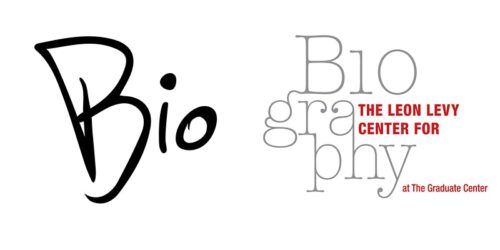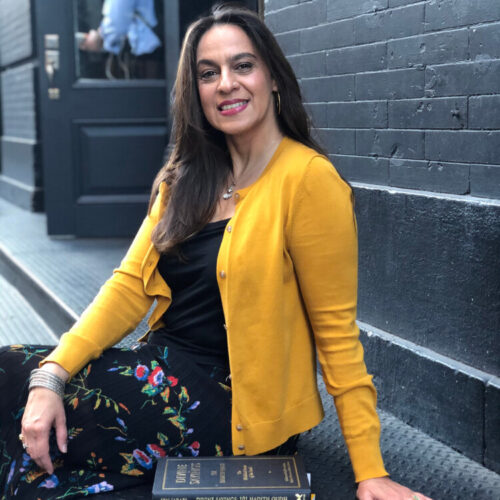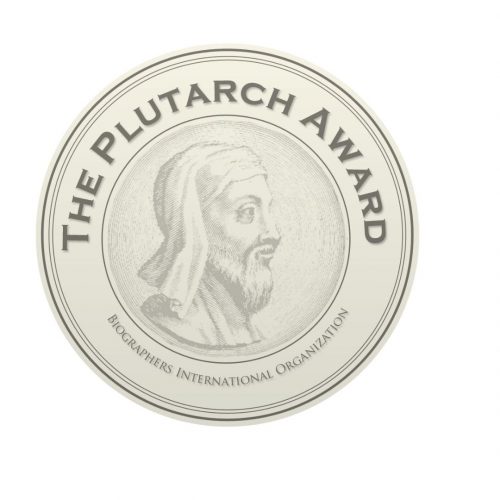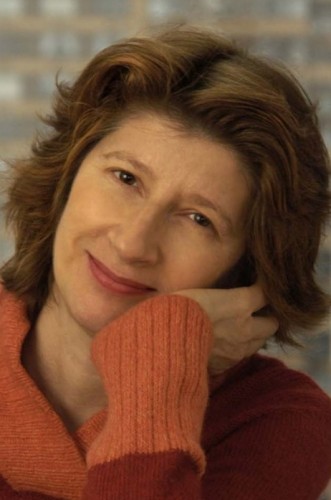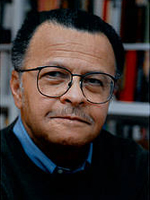
Among his honors, David Levering Lewis received the 2009 National Humanities Medal from President Barack Obama at the White House on February 25, 2010.
David Levering Lewis is the winner of the 12th BIO Award. This prize is bestowed annually to a distinguished colleague who has made major contributions to the advancement of the art and craft of biography.
Lewis, 85, an American historian, is the Julius Silver University Professor and Professor of History at New York University. He is the first author to have won two Pulitzer Prizes for Biography for his successive volumes on W. E. B. Du Bois: W. E. B. Du Bois: Biography Of A Race, 1868–1919 and W. E. B. Du Bois: The Fight for Equality and The American Century, 1919–1963.
Lewis also won the Bancroft Prize, the Francis Parkman Prize, and the Anisfield-Wolf Book Award for his two-volume biography of Du Bois, 15 years in the research and writing, and hailed by critics as “definitive” and “magisterial.” Kirkus wrote: “Du Bois has finally found a Boswell worthy of his achievements as an African-American reformer who fought for human rights in the US and the wider world.”
A spectacular scholar who has written eight books and edited two, Lewis was educated at Fisk and Columbia Universities, and received his Ph.D. from the London School of Economics and Political Science. He has taught at Morgan State University, the University of Notre Dame, and the University of the District of Columbia. He was professor of history at the University of California at San Diego from 1980–1984 and, in 1985, he joined Rutgers University as the Martin Luther King, Jr. Professor of History. He served as “distinguished visiting professor” in the history department of Harvard in 2001 and, in 2003, he was appointed to his current position at NYU.
Throughout his career Lewis has received prestigious fellowships from the John Simon Guggenheim Foundation, Woodrow Wilson International Center for Scholars, the Center for Advanced Study in the Behavioral Sciences, the National Humanities Center, the American Philosophical Society, and the John D. and Catherine T. MacArthur Foundation. He has served as a trustee of the National Humanities Center; the commissioner of the National Portrait Gallery; a former senator of Phi Beta Kappa; and former president of the Society of American Historians. He currently serves on the board of the NAACP’s The Crisis magazine.
“The BIO Award is the highest honor that our organization bestows, and David Levering Lewis is an obvious choice,” said Linda Leavell, president of BIO. “His spectacular lifetime of work—his biography of Martin Luther King Jr., his two volumes of W. E. B. Du Bois, and his most recent biography of Wendell Willkie—inspires all of us and adds immensely to the genre of biography.”
Previous BIO Award winners are Taylor Branch, Robert Caro, Ron Chernow, Richard Holmes, Hermione Lee, Candice Millard, James McGrath Morris, Arnold Rampersad, Stacy Schiff, Jean Strouse, and Claire Tomalin.
Kitty Kelley, who has written seven biographies, serves on the BIO Board of Directors.

